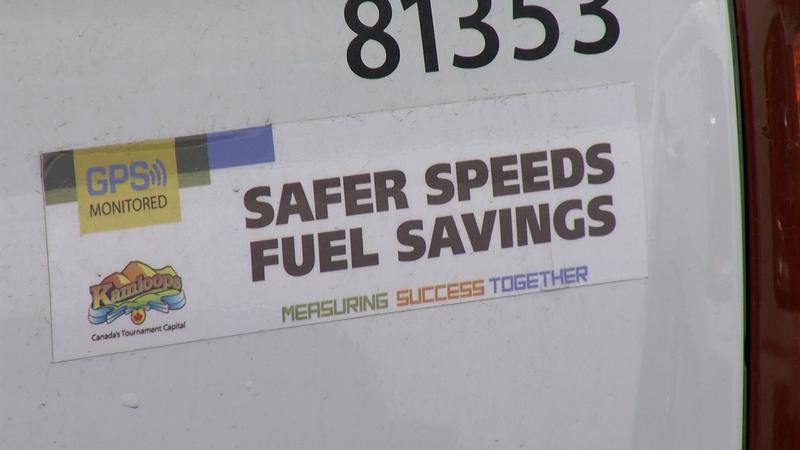
Five cent fuel increases can cost the city of Kamloops $60,000
KAMLOOPS — The price of fuel in British Columbia is continuing to rise, with some jurisdictions once again cracking the 2-dollar-per-litre mark. Prices are going to be high over the next several weeks, but analysts expect that once we get past June, prices could pull back — provided the Ukraine-Russia conflict doesn’t escalate further.
The increased prices aren’t just affecting individual wallets with organizations running large fleets feeling the budget pinch. The City of Kamloops has a fleet worth over $50-million. With gas prices already up 30-to -35 cents this year, Planning and Procurement Manager David Hallinan addressed how it’s affecting the bottom line.
“The impact of gas right now on the City is starting to be a major component; we have a significantly large fleet,” began Hallinan. “Earlier this year we did an analysis for Council and determined that roughly every 5-cent increase of gas or diesel was going to result in a $60,000 cost to our cost setters.”


